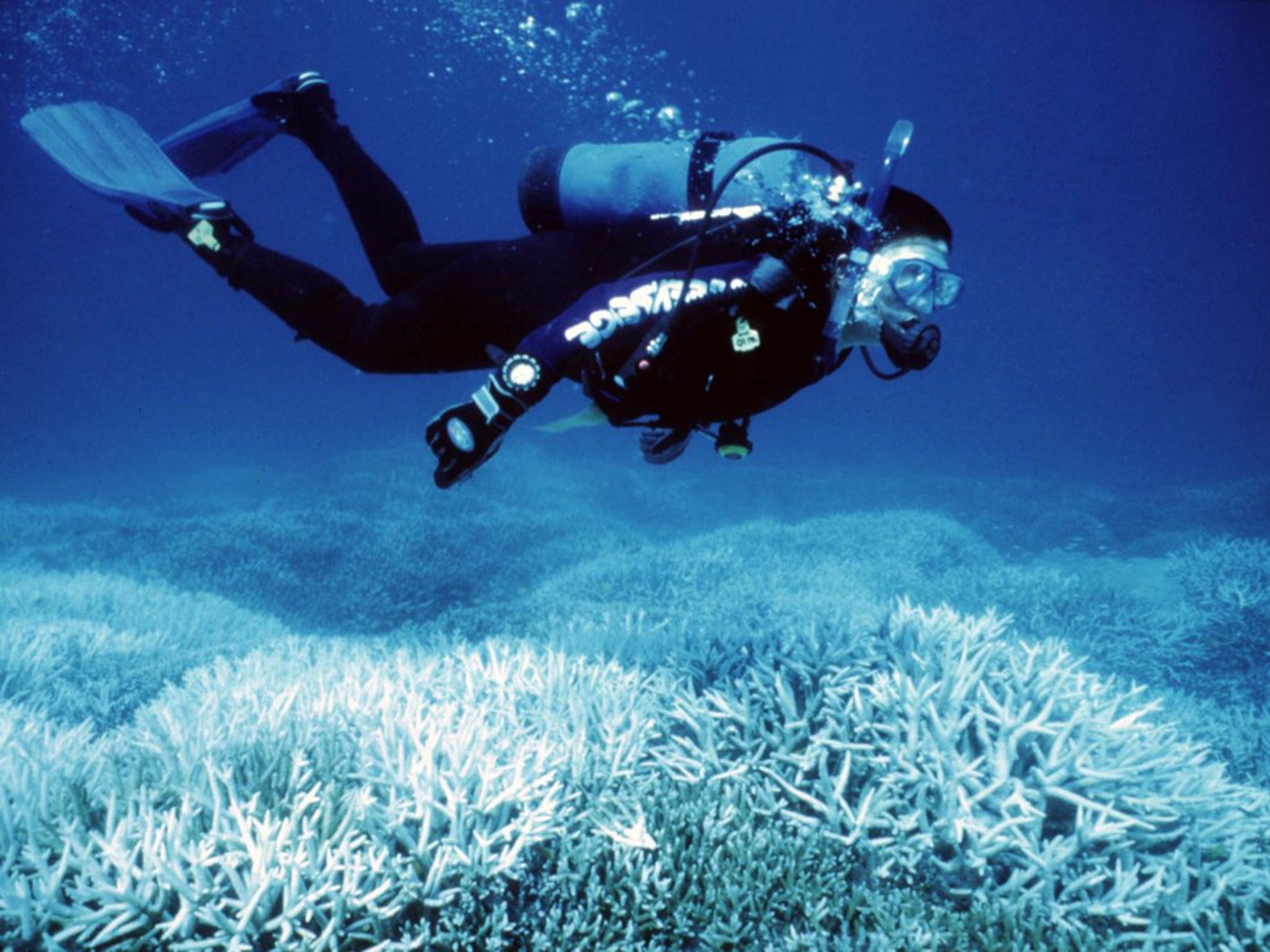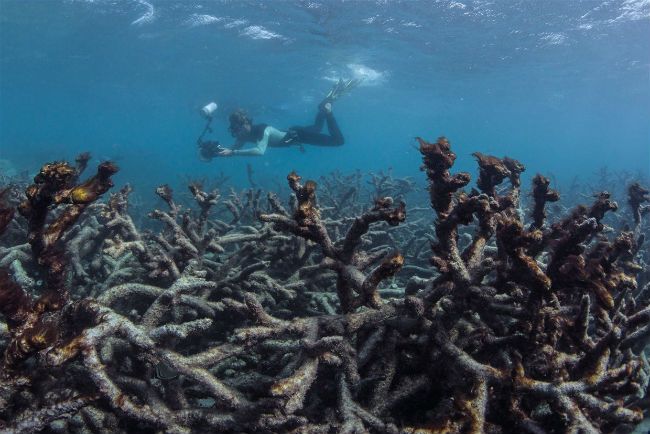

(The other nine? Now seaweed-covered ruins). Of 21 reefs monitored by scientists in the Seychelles, for instance, 12 have since recovered after a coral bleaching episode in 1998. Looking at other reefs around the world offers us some perspective. Two-thirds of Great Barrier Reef hit by back-to-back mass coral bleaching Guardian (Indeed the scientists involved in the study themselves said: “ Bleached corals are not necessarily dead corals …”). Because coral bleaching, though incredibly serious and concerning, quite simply is not death. Is the Great Barrier Reef really in terminal decline? Is it really done and dusted? I don’t think so. But in this case, I think the conservation hand really was overplayed. Such backlash from climate-change deniers like Delingpole is inevitable. For a bleached reef is not a dead reef as you no doubt know – and the climate-change deniers have enjoyed the chance to throw around more allegations of “scaremongering” and their accusations that “Greenies don’t do science” – which is, of course, ridiculous. “Oh Christ,” I thought, “James Delingpole is going to love this.” Skip forward a few hours and the columnist did his thing on Breitbart – don’t go looking for it, but let’s just say I was proved right. By midday, many news outlets started running with the line that the Great Barrier Reef was now in a “terminal stage” – a phrase used by one (understandably frustrated) expert in the Guardian’s coverage of the story and recycled into all sorts of other online reports, which then did loops on Twitter. I watched this Great Barrier Reef story unfold, and what started out as quite a conservative bit of science reporting quickly morphed into something else. The bell, it seems, is tolling for one of the most biologically active parts of planet Earth.

Only one third of the entire Great Barrier Reef remains unbleached. Without the algae to synthesise most of its energy, the coral operates on a kind of “standby” mode. In this state, the coral becomes whitened. To save themselves, the coral expels the algae in the hope of better times ahead. In especially warm summers, the complex balance between the symbiotic algae and the coral becomes disrupted.


 0 kommentar(er)
0 kommentar(er)
